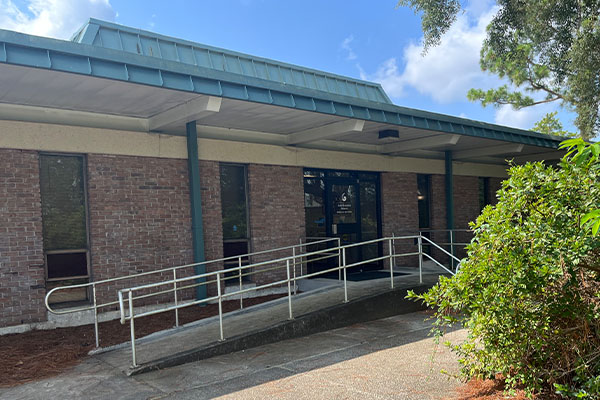Higher Education versus K-12
| K-12 | Higher Education | |
|---|---|---|
| Basis for Accommodations | IEPs or 504 Plans are utilized to outline the student’s accommodations or individualized learning objectives. | IEPs and 504 plans are no longer valid. Accommodations are determined by the institution. |
| Responsible Party to Identify and Implement Accommodations | School Administrators or teachers can help to identify educational accommodations that are recommended/required. The school is required to meet accommodations. | Students must complete an application (self-identify) and submit the required documentation. Please see the documentation requirements to see the acceptable forms of documentation. |
| Accommodation Objectives | Designed to maximize student's potential. | Designed to remove barriers. It does not guarantee a student’s success. |
| Forms of Instruction | Focus on accommodations that foster student success. | Reasonable accommodations are made to remove barriers. |
| Progress Monitoring | The teachers and administrations monitor the student’s academic progress. | The student is responsible for their own academic progress. |
| Accommodation Arrangements | The teachers and administrators are responsible for following the IEP or 504 Plans. | Once approved, the student is responsible for requesting accommodations to SAR. SAR will submit the accommodations to the faculty member. |
| Rights to Academic and Accommodation Records | Parents, teachers and administrators may have access to the student’s academic records. | Due to the Family Educational Rights and Privacy Act (FERPA), the student is the only party with the right to obtain academic and accommodation records. |
FERPA (Family Educational Rights and Privacy Act of 1974): The Family Educational Rights and Privacy Act (FERPA) is a federal law that affords parents the right to have access to their children’s education records, the right to seek to have the records amended, and the right to have some control over the disclosure of personally identifiable information from the education records. When a student turns 18 years old or enters a postsecondary institution at any age, the rights under FERPA transfer from the parents to the student (“eligible student”). The FERPA statute is found at 20 U.S.C. § 1232g, and the FERPA regulations are found at 34 CFR Part 99.
504 Plan: 504 plans are used to outline accommodations and services for students with disabilities in K-12 only. Typically reviewed annually.
IEP (Individuals with Disabilities Education Act of 2004): An IEP defines the individualized objectives of a child who has been found to have a disability. The IEP only applies to K-12. Typically reviewed annually.
To request this page or any information referenced on the page in an alternative format, please email sar@uwf.edu.



